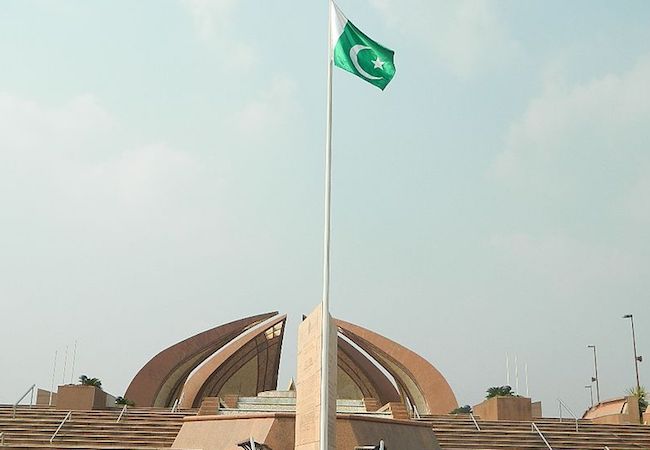Reiteration of Cold Start Doctrine time in and time out

By Beenish Altaf
The ‘cold start’ mentality on part of Indian officials has kept its momentum persistent into its political sphere. The Indian military establishment, on several occasions, has highlighted their offensive military intentions against Pakistan. Recently, on the 85th anniversary of Indian Air Force on October 8, the international community came to hear another hawkish statement from the commander of the Indian Air Force, Air Chief Marshal Birender Singh Dhanoa. He claimed that Indian pilots have the capability to locate and eliminate nuclear and other strategic targets in Pakistan. He was speaking at the annual Air Force Day press conference on IAF response to Pakistan’s store of tactical nuclear weapons.
On one hand, Indian Cold Start Doctrine provided the actual pathway to Pakistan to acquire short range missiles for ensuring its security and strategic stability in the region. On the other hand, IAF, Air Chief Marshal Dhanoa’s said that IAF has the ability to locate, fix and strike and that is not only for tactical nuclear weapons but also for other targets across the border. Ironically this is not in response to Pakistan’s battlefield nukes instead it a part of the confrontational confessions that Indian military sheer after every few days.
Looking back, in 2004, ‘the Cold Start doctrine was envisaged and soon the word was out that relying on the mobilization of smaller, more compact formation of conventional forces in a series of attack, India will invade and bleed Pakistan with the help of IAF. That is exactly the air marshal was hinting at.’
Nevertheless, the Indian air chief is not the only one to hurl such warnings and publicly acknowledge the existence of Cold Start doctrine (CSD). Gen. Bipin Rawat, Indian army commander-in-chief, blazed a similar conflagration previously by acknowledging that the Cold Start doctrine exists for conventional military operations in an interview on January 4, 2017 in the strategic community of India right after few days of his appointment as army chief. He was the first senior Indian official, military or civilian, to do so as previous all the Indian chiefs avoided using the term Cold Start and preferred calling it as a ‘proactive strategy’.
On the global front, India’s constant aggressive moves one after the other, gives appalling signals to the international community that the south Asia region is in a state of permanent horrendous of regional conflicts. At the Carnegie Endowment for International Peace, Washington, the outgoing US Vice President Joe Biden expressed his concerns in a speech over the rise of nuclear weapons in Europe, east and especially south Asia. This could be related with reference to this official acknowledgment of Indian Cold Start Doctrine also to the mobilization of Indian battle forces to border line. As a result, the response from Pakistani side would also be in the same way to ensure its incessant sovereignty. This is the only way to impede the efforts to malign Islamabad.
The Indian leaders are simply belligerent in their policies and statements without keeping the facts into mind. Though it is impossible to carry any of such attack but even on factual terms, Indians’ are bound not to hold such actions by the treaty back in 1988 between both South Asian nuclear rivals. It was a bilateral agreement between India and Pakistan on the non-nuclear aggression agreement, which is a bilateral and nuclear weapons control treaty between the two South Asian states, on the reduction (or limitation) of nuclear arms and pledged not to attack or assist foreign powers to attack on each other’s nuclear installations and facilities. The treaty barred its signatories to carry out a surprise attack or to assist foreign power to attack on each other’s nuclear installations and facilities. So, there is no question to notify the international community or anyone else know about what the IAF capabilities holds.




